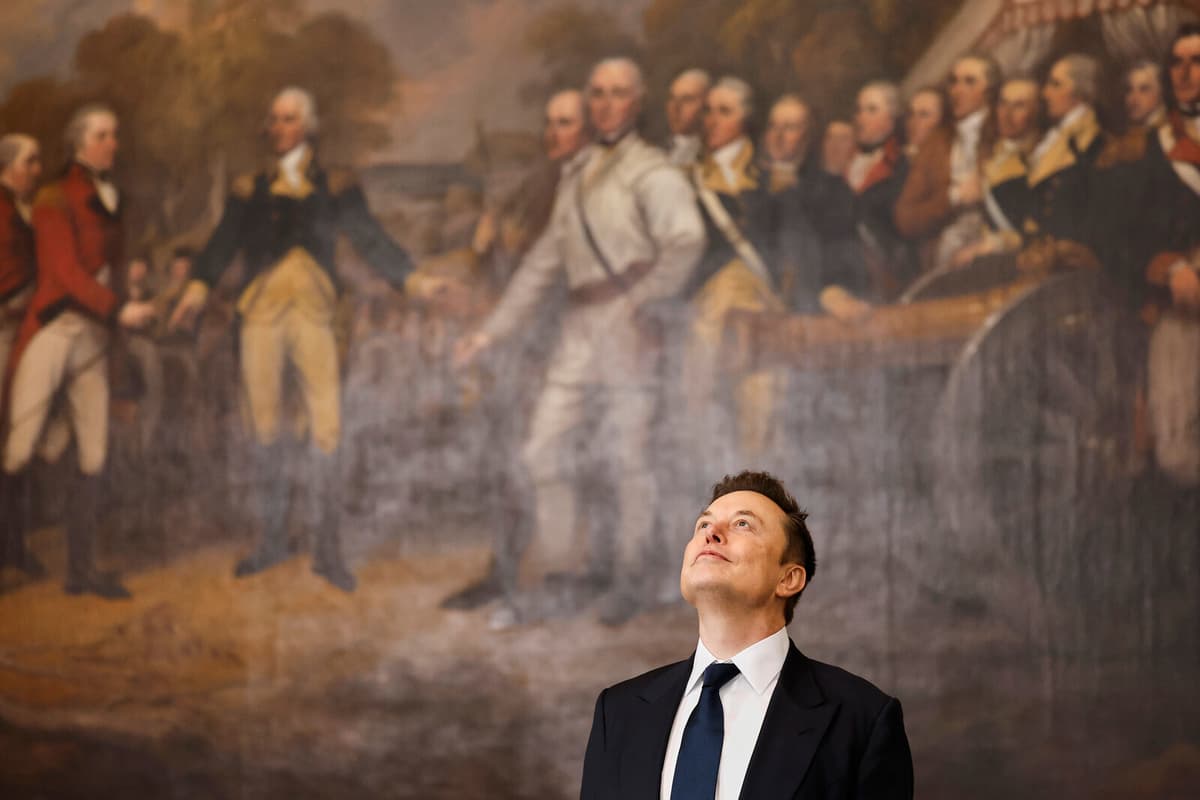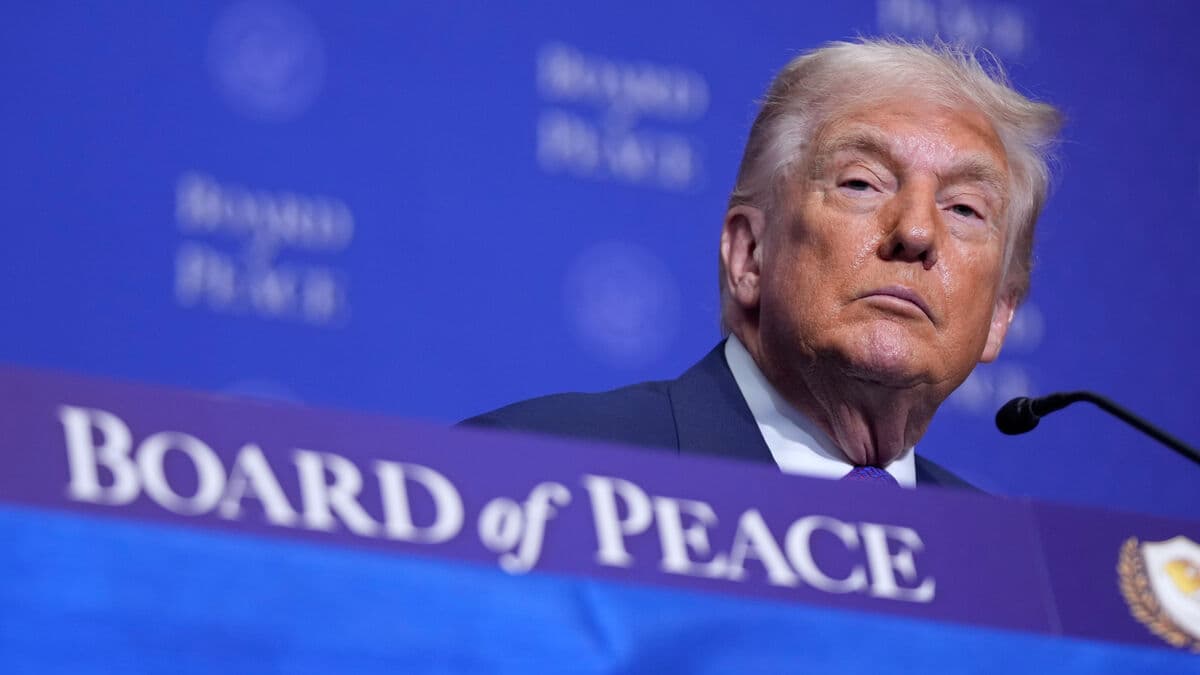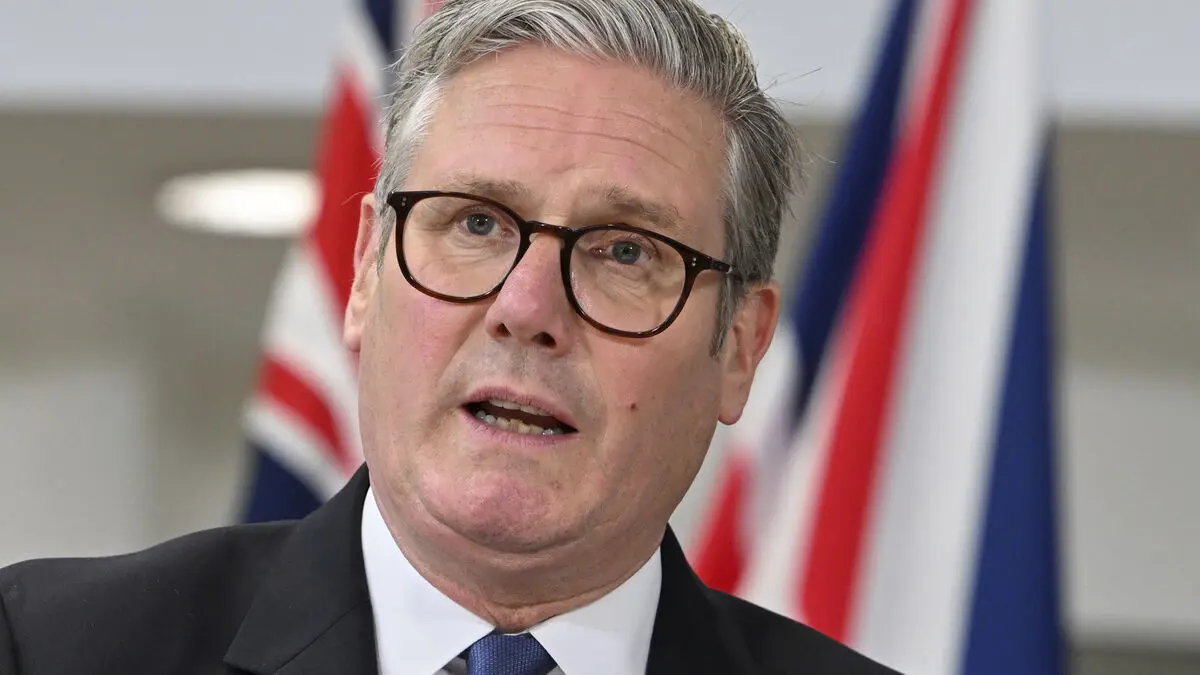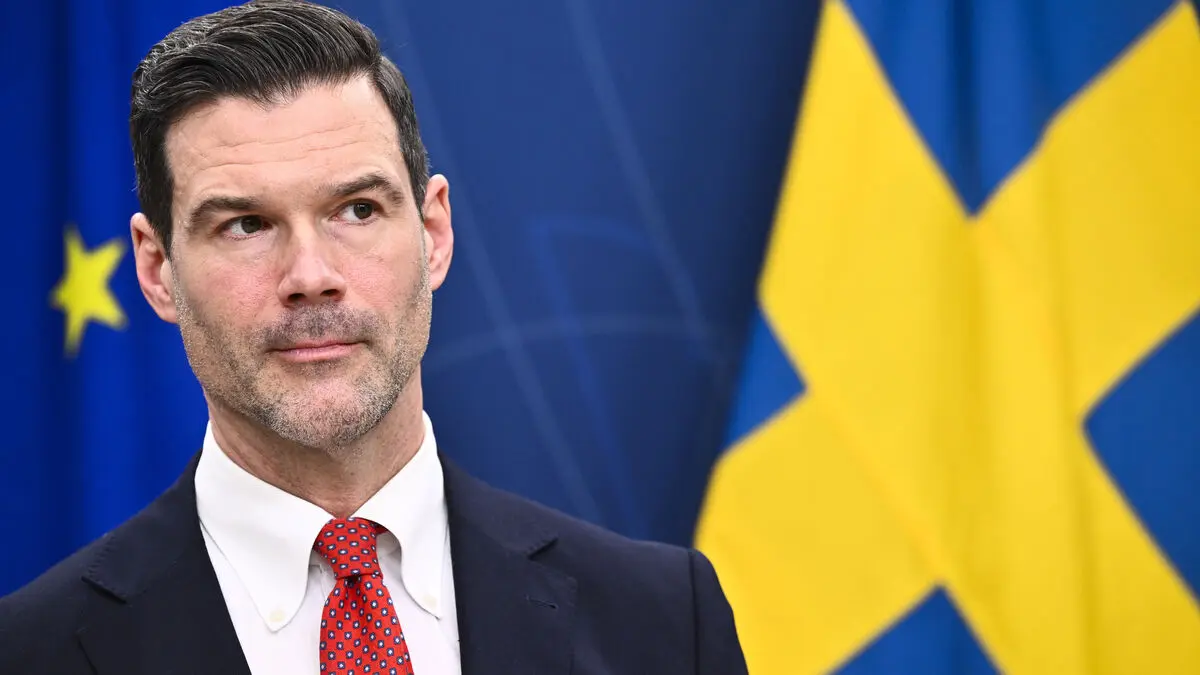Like a mighty artery, the Ministry of Finance's payment system runs through the US government apparatus.
It is a complex web of sensitive information: corporate and personal accounts, personal and social security numbers, home addresses, information about insured Americans, and millions of people receiving government benefits. The slightest disruption to the system could lead to far-reaching economic disruptions, writes The Wall Street Journal.
Now, President Donald Trump's close confidant Elon Musk and his team have gained access to the system, which ABC News describes as a "checkbook for the entire federal government".
"Shadow Government"
What Musk's White House unit Doge, tasked with reducing government spending, intends to do with its access is shrouded in mystery. In a post on X, Musk – without providing any evidence – claims that his team has discovered that officials at the Ministry of Finance have been "instructed to always approve all payments, even to known fraudsters and terrorist organizations".
Both among Republicans and Democrats, critical voices are being heard.
Right before our eyes, an unelected shadow government is taking hostile control of the federal government, says Senate Democratic Minority Leader Chuck Schumer.
According to sources, including Politico, it is about so-called read-only access without the ability to make changes to the system, but the question marks are many. Regardless, it could, according to American media, provide a "shortcut" for Doge, which is expected to face a series of legal hurdles in its quest to save money through cuts in the government apparatus.
Sued
With full access to the Ministry of Finance's payment system, Musk and his team could unhindered stop any payments they want, warns economist Nathan Tankus in his newsletter Notes on the crisis.
The Doge team is also said to have demanded information about the source code. According to Tankus, "nothing could be more dangerous" than giving Musk operational control over the systems.
Three federal employee unions have now sued the Trump administration in an attempt to stop the Ministry of Finance from sharing information with Doge. According to the lawsuit, the procedure violates federal law.
"People who have to share information with federal authorities should not be forced to also share their information with Elon Musk or his Doge", they write.
Doge (Department of Government Efficiency) was announced in November 2024, shortly after Donald Trump's victory in the US presidential election.
Trump then stated that Doge would pave the way for "dismantling the state bureaucracy, drastically reducing unnecessary regulations, cutting wasteful spending, and restructuring federal agencies".
Doge is led by South African-born super-entrepreneur Elon Musk, CEO of, among others, X, Space X, and Tesla, and according to Forbes, the world's richest person. Musk's companies, several of which are contracted by state authorities in the US, have raised so far unanswered questions about conflicts of interest.
Despite its name, Doge is not a formal department but is described as a "temporary organization". President Donald Trump has previously stated that Doge's work should be completed by July 4, 2026, at the latest.
Source: USA Today, CBS News, The White House






